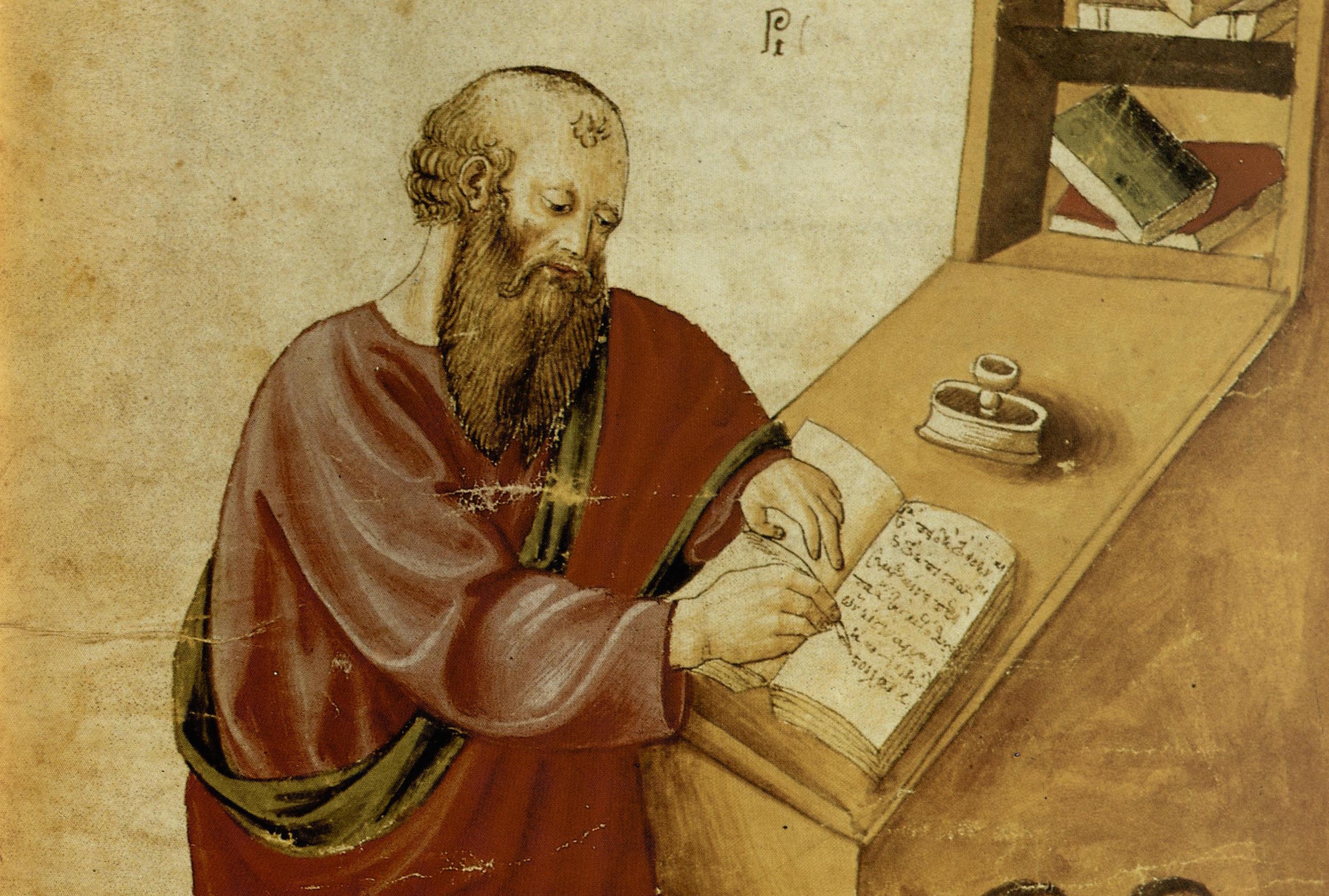Blog 5
Blog 5:
1. How might Aristotle have responded to the painting by Howard Chandler Christy of the signing of the Constitution of the United States (p. 57)?
Aristotle would have responded positively towards the painting by Howard Chandler Christy signing the Constitution of the United States. He believed in a government with organization, leadership, laws, and institutions. One where the government allowed the people to have a say in what was being done.
2. How many different "elements" of society are represented in this painting?
In the painting it is clear that there are many different elements. There is common folk, then there is the President, Senators, Congressman and the cabinet. Those are the people who presented the painting and signed the Constitution.
3. Would Aristotle have assumed that the government being formed was a democracy or an oligarchy? Why or Why not?
Aristotle considers a combination of oligarchy and democracy under law the ideal form of government, but he observes that none of the three are healthy and that states will cycle between the three forms in an abrupt and chaotic process.
4. Research the men who signed the Constitution. How well did they represent the elements of society of the newly formed country?
The elements of the society include various classes. Each class has a different job. One might be to get work done and do their part in the community. The people that were there to sign the Constitution where the General Folk, Senators, and Cabinet. George Washington was the president at the time and he was the leader of the element of society. Benjamin Franklin and Alexander Hamilton were also present as they were the brains of the group and they brought all the ideas to the table.
5. Read Tocqueville, “Government by Democracy in America,”. Compare this reading to that of Aristotle's reading.
Aristotle claims that democracy is the form of government in which the free are rulers, and oligarchy are the rich. Most of the people are free whereas there's a few rich. Rich are considered those who have wealth and can live off of their wealth for a very long time. The free are considered those who are poorer, but are also the working class. Although the government isn’t based on the wealth and looks of people, it makes a basis of characteristics for government. There are many elements to governments which include: food-producing class (husbandmen), class of mechanics who practice the arts without which a city cannot exist, traders, serfs or laborers, warriors, magistrates and of officers, etc. Aristotle says that the government is a democracy and oligarchy is because the government depends on the rich and the poor. In order for the government to prevail and be consistent, it must have both the rich and the poor in order to properly function.
Tocqueville claims that America should be judged based on the government of democracy and how it’s run. Compared to Europe, Tocqueville states “In America where the people are in unimpeded domicance with no danger to fear nor wrongs to avenge” (Tocqueville Paragraph 3). He claims the American democracy follows its own inclinations and its behavior is natural and its movements are free. That’s where democracy has gone wrong. He criticizes the rulers of America, and tries to explain solutions to the problems that occur in America. In Europe, people walk blindly and aren’t sure of what’s in the future for their government. Tocqueville writes about universal suffrage. He says universal suffrage is bad, but it has raised the topic of equality that was needed. He observes that American individualism is interesting because people will break friendships and bonds in order to maintain individualism. He claims that although democracy will continue, it continues for the peace and equality of the people. He is conflicted on whether democracy works for America because the power is at stake, but at the same time it works because the majority of the people want the same ideals.
Comments
Post a Comment